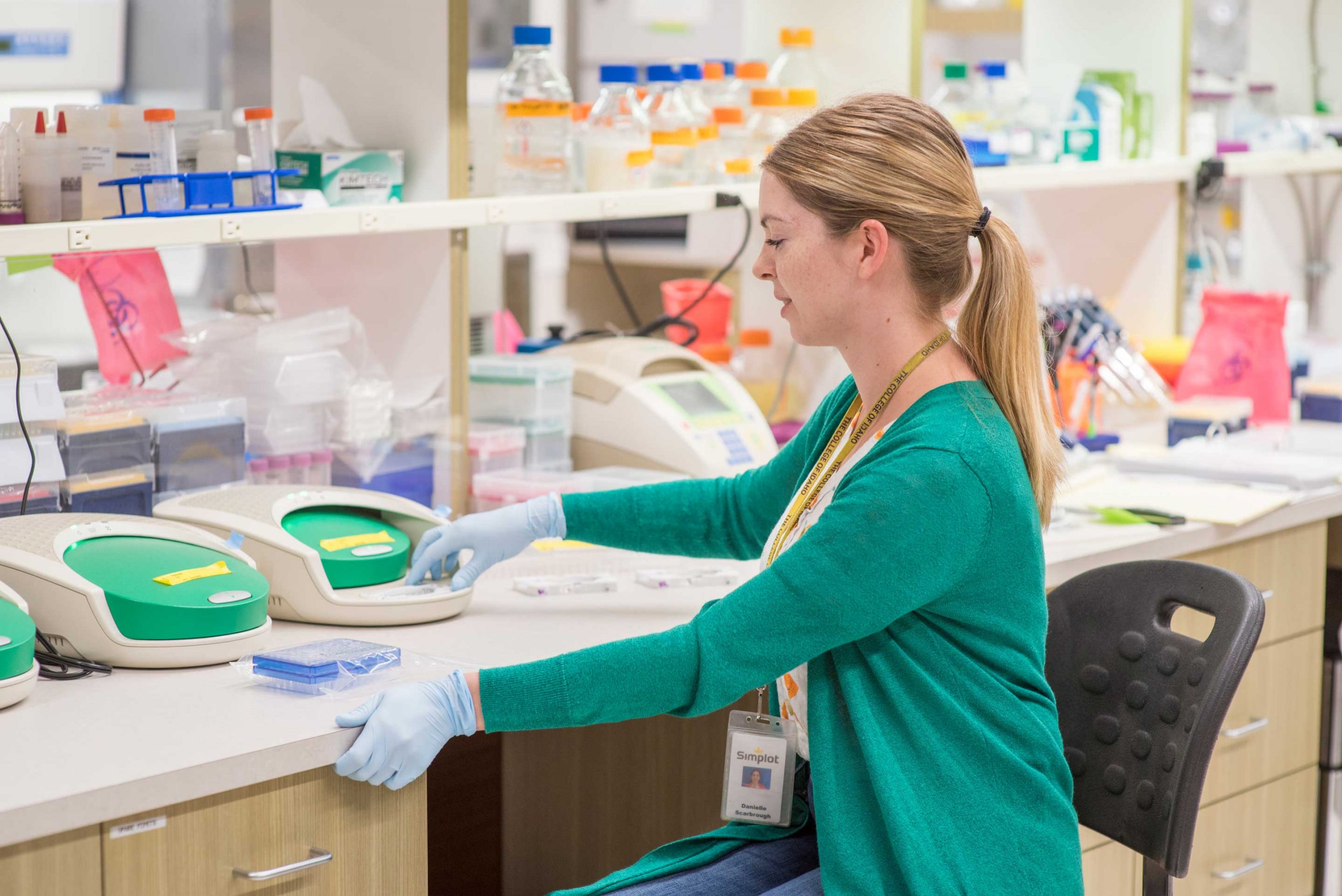Training Basics
More Training = More Opportunity
Employers want to know what you can do; training credentials help answer that question for them. But what training should you get? Part of that depends on your career goals and how different credentials can help you access different professions or job advancement within your current profession. Use Next Steps Idaho to discover and better understand the different types of training and credentials available. You can also learn a lot about the training you may wish to pursue by talking with people doing the career or job you’re interested in. What training did they get? What credentials do they look for when hiring?
Training possibilities are abundant, diverse, and often incredibly useful. They can range from two hours to two years (or more), free to low-cost to thousands of dollars, and can result in certificates, certifications, licenses, degrees, badges, micro-credentials, and more. A college degree can often lead to greater earnings over your lifetime but non-degree credentials can also have a significant impact on earnings, professional mobility, and job satisfaction. High school grads, for example, can receive wages that are 20 percent higher with a certificate.
Overwhelmed? That’s understandable. But take heart: never before have knowledge, skill-training, and job-based learning opportunities been so widely accessible through such a diverse array of formal and informal learning opportunities. In a rapidly changing economy, the advantage will go to lifelong learners—those with a broad and ever-growing set of skills and competencies.


Idaho Launch
Idaho's Career & Training Landscape
Credential, Certification, License, Degree: What do I need?
What does it mean?
Certifications, licenses, and degrees are all types of credentials that recognize educational achievement or the demonstration of a certain skill. Earning a credential can help you get a job or take your career to the next level.
